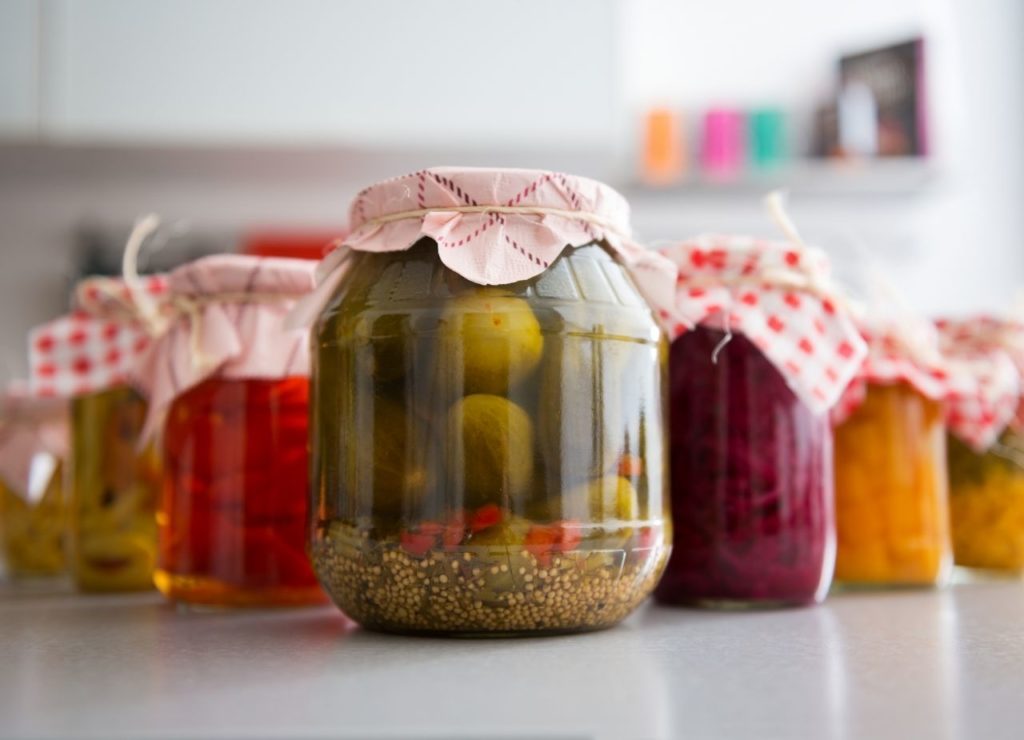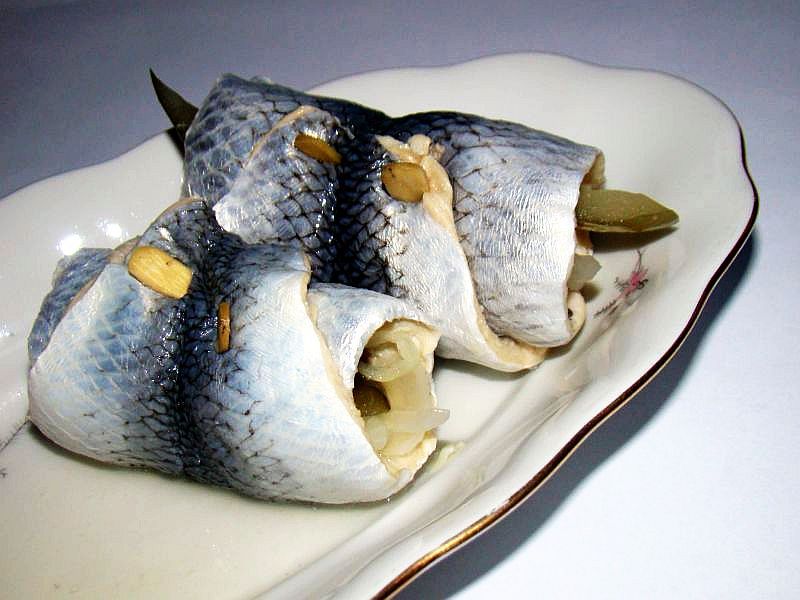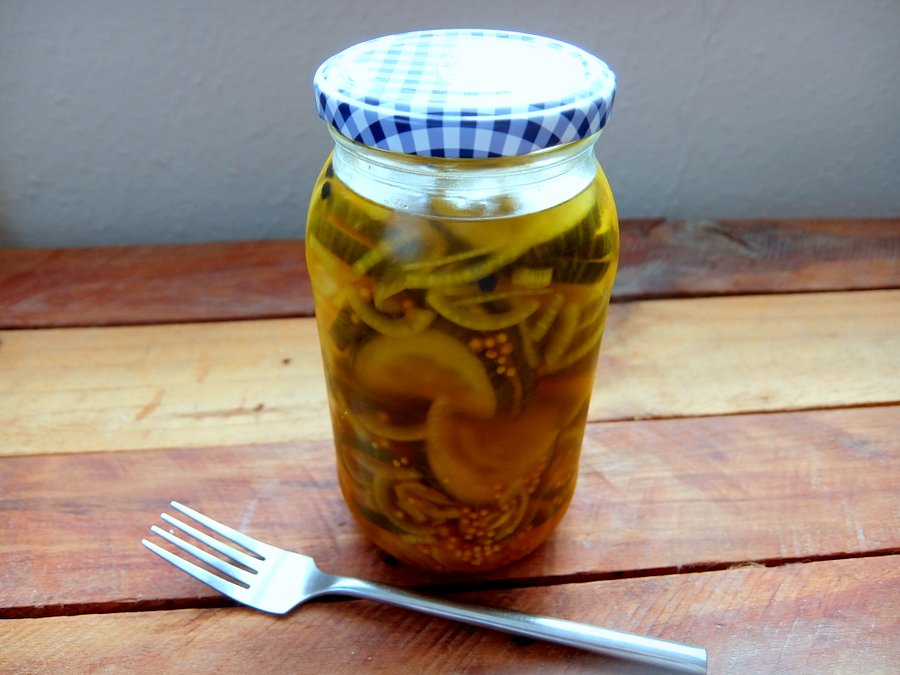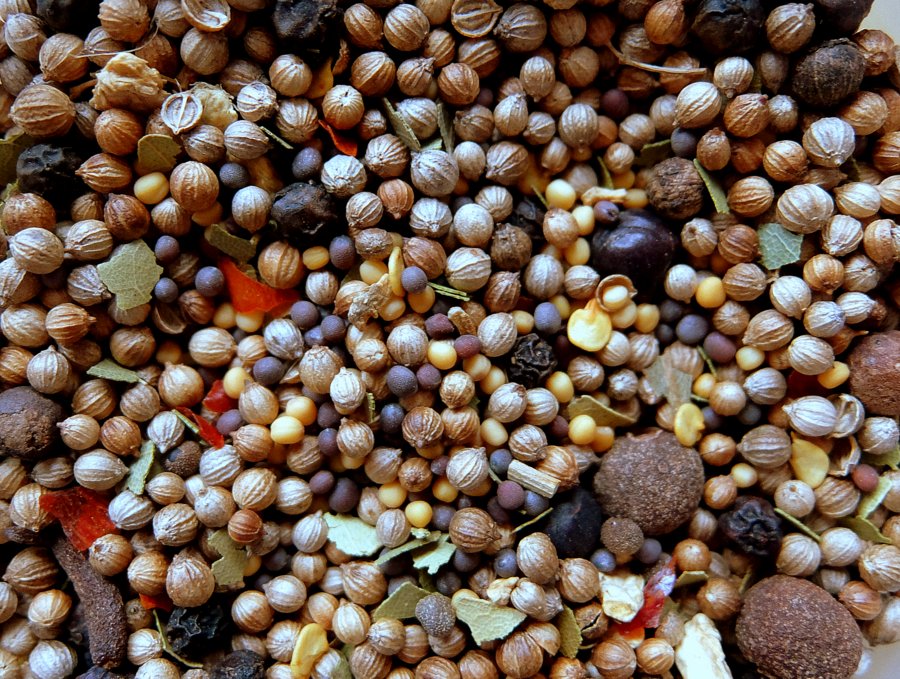Knowing how long a pickle will stay good for can be tricky. Luckily a little bit of understanding how a pickle is preserved can help us understand how long that pickle will last.
I find making my own pickles incredibly rewarding. Taking fresh ingredients and preserving them for a later date means you can enjoy seasonal produce throughout the year. Just how long does a pickle last though?
Table of Contents
Using Trusted Recipes
If you are making a pickle yourself I always like to use a good recipe from a trusted and knowledgeable source.
They almost always have a shelf life and storage method stated at the start or the end of the recipe.
Shelf Life For Different Types Of Pickle
Refrigerator pickles are made with vinegar and sometimes sugar and salt. They are intended to be stored in the fridge and in most cases will only last 2 – 4 weeks.
Canned vinegar pickles are made with higher proportions of vinegar, salt and sugar. The jars are then processed in a hot water bath. These pickles are shelf-stable and most often stored in a cupboard with a shelf life in the range of 6 months to a year or more.
Lacto Ferment Pickles are made with just salt or brine made from salt and water. Bacteria ferment the vegetables or fruit and produce lactic acid. These kinds of pickles are fermented at room temperature for a week or two before being stored in the fridge. These typically last 4 – 6 months.
Chutney/Relishes are most like a vinegar pickle and along with vinegar also have sugar in. They are often, but not always processed in a boiling water bath. These kinds of pickles have a shelf or fridge life from a couple of months up to a year or more.
How Was The Pickle Made?
There are certain types of pickle. The term covers a whole plethora of preserves so first, you need to know what your particular pickle is.
Pickles can be made with vinegar, sugar, salt which all have preservative qualities. Depending on how much of each is in a pickle will dictate how long they last.
All pickles are preserved with some kind of acidity, this is what in effect makes it a pickle. Other measures can be used to make a pickle last longer such as hot water bath canning.
Canning Pickles
Hot water bath canning is a step that can be used in the packaging process to make a pickle last a lot longer.
Acidity is the first measure to prevent the pickle from spoiling. The pickle is packaged into jars and then the jars are submerged in boiling water for a length of time, usually around 10 – 20 minutes.
This boiling water bath processes the jars and ingredients killing any spoilage bacteria as well as inhibiting the enzymes in the fruit or vegetable than may spoil the pickle.
How The Pickle Is Stored?
We keep things in the fridge as a means of making them last longer. Some types of pickles are kept in the fridge because they are pickles that are intended for consumption relatively soon.
Refrigerator pickles are an example of a type of pickle that has less vinegar, sugar and salt so keeping them in a cold environment will ensure they last a few weeks or more without any sign of spoilage.
Store Pickles In The Fridge Once Opened
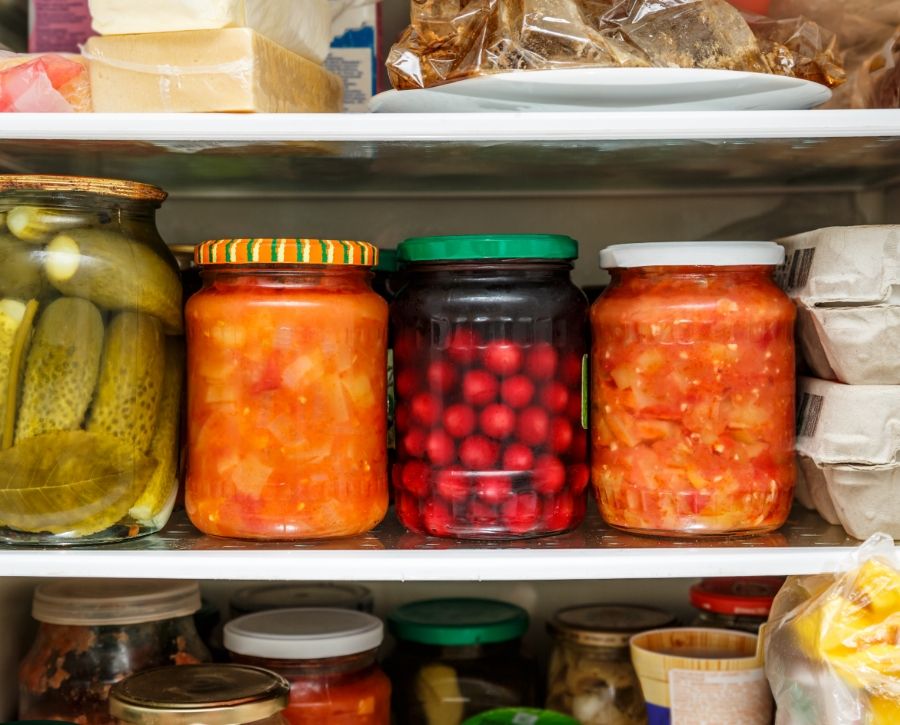
It is important that once a jar has been opened that it is stored in the fridge and eaten in a relatively short space of time.
Possibly with the exception of ferments, a sealed jar is effectively a bacteria-free environment. Once you open the jar you open it up to spoilage organisms. This is why most of the foods you buy in the shops say once opened, consume with a certain number of days.
Keeping pickles below the surface of vinegar will help but they are best eaten within a week or two once opened.
If Something Looks Or Smells Bad, Throw It Away
Ultimately, it is down to your own senses as to whether something should be eaten or not.
Most recommendations are conservative because it is better to be safe than sorry. You may have pickles that last years without any problems.
If you open a jar of pickles and it looks bad or smells peculiar then throw it away.
